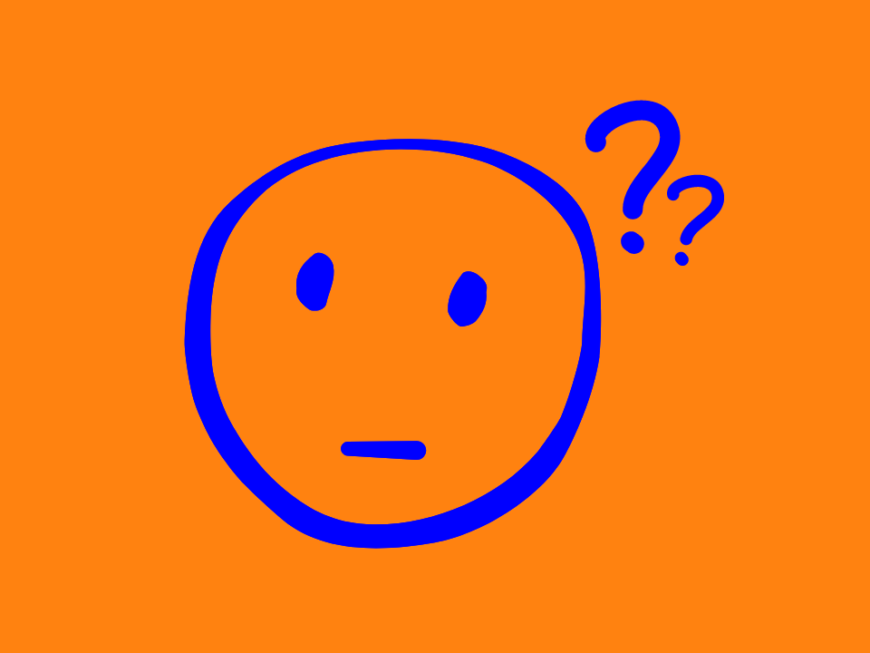PART 1:
Two years back, I got a daily video lesson for “A Course in Miracles” by email from Marianne Williamson. When discussing a certain lesson—“Let me forget my brother’s past today.”—Marianne put a slight twist on it:
“You are born again any time you don’t bring your past with you.”
And if there were ever a story to make that point, it would be Diarra Bousso’s:
- Diarra was depressed in her career on Wall Street.
- Her depression, in her opinion, caused an accident that left her with 23 missing teeth, broken bones, multiple lacerations and an inability to walk once she woke from a coma.
- She also had selective memory on waking: She could remember her family but had forgotten her career and a lot about herself.
- Fearing that Diarra would get depressed again if she remembered her career, her mother hung some of Diarra’s artwork in her hospital room and told her a made-up story: that Diarra was a successful artist whose exhibition would happen once she could walk again.
- Not having brought her past with her, Diarra didn’t know any better and blogged about her life as an artist and fashion designer, attracting some 19,000 followers in the process.
- Diarra’s memory eventually started to return and she recalled her “true” identity.
- Furious at her parents, she vowed to quit Wall Street and make her concocted life come true.
- Diarra did in fact rebirth herself and now runs a celebrated global lifestyle brand.
PART 2:
Last time, I said that I got hooked on Asset-Based Community Development. What got me is that it starts with people’s gifts, not community deficits. I signed up to learn more.
As part of the course I’m taking, I had an assignment to have a learning conversation with a neighbor to discover what they cared about / would love to do with some helping hands. I ran through a mental list of who I could ask to talk with.
I settled on a mother and her son who live down the hall.
When my neighbor “Rose” came to mind, I nixed the idea for a few reasons, including that she would mention every so often that people in our building weren’t nice.
“Ooo, Mary, be careful with that,” I thought—I had not forgotten my sister’s past and was about to ignore her gifts. But rather than flog myself about it, I noticed it and allowed myself to be reborn as an includer by not bringing my immediate past with me.
I had a conversation with “Rose” and was surprised by what I learned.
PART 3:
I told my mother, who’s 94, about my assignment and revelation related to “Rose.”
Her response sparked another one: She asked if I might have a learning conversation with her. While we talked about things we’ve talked about before, her asking me to engage her in conversation helped me to see that I was viewing “neighbor” though a narrow lens.
If we consider that “neighbor” is defined as “one’s fellow human being” or “a person who shows kindliness or helpfulness toward others,” my mother is both my mother and neighbor.
Once that light bulb went off, I called my nine-year-old great-nephew to have a learning conversation with him too. Not only did my own civic-mindedness take root when I was his age, young people’s gifts are at risk of being ignored like older people’s.
PART 4:
Back to Diarra.
As a Senegalese woman, she hid her depression because mental health issues were considered embarrassing and not discussed in her culture. But missing teeth, broken bones and lacerations brought her depression to light anyway.
What if we treated Diarra’s injuries as a proxy for personal and community un-prosperity?
And what if we mined her story for tips to create transformations as marked as hers?
Besides her decision to take action—and following through—a precious gem at the core of her change is something that you’ll hear me say again and again:
True prosperity—vitality—starts with stories.
Diarra’s mother made up a story that Diarra believed and brought to life. This could occur easier because Diarra had forgotten her career and much of who she was.
What wonderful stories can we make up and bring to life?
What might we choose to forget to make them happen?
What if we forgot that our neighbors weren’t nice?
What if we forgot that our politics didn’t match?
What if we forgot that “we” (however defined) didn’t do stuff like that (whatever it is)?
Diarra’s kin, for example, didn’t discuss mental health and she paid the price.
My kin, for example, might discuss their ailments but not seek treatment.
My sister is a physician and people struggling with illness have said to her, “Well, you know that we [Black Americans] have a bad history with the medical establishment.”
She’ll say, “That may be so, but we have a darned good relationship with funeral homes.”
But this isn’t about shaming anyone, denying true events or putting blind faith in anything.
Rather, it’s an invitation to rebirth our communities and lives by forgetting parts of our brothers’, sisters’ and own pasts that work against our personal and collective prosperity.
LINKS:
Mornings With Marianne.
Diarra’s website.


Published by